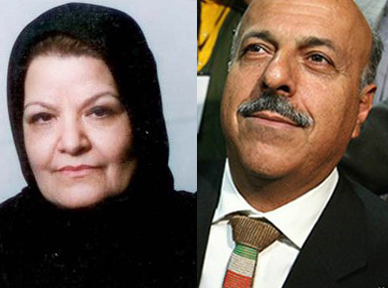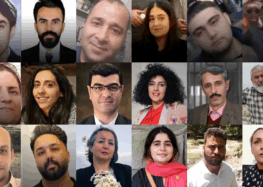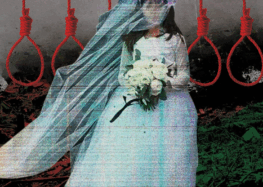Bill Criminalizing Birth Control is “Against Citizens’ Rights,” Critics Say
Two prominent Iranian lawyers have questioned the legitimacy of a bill approved by the Iranian Parliament on June 24, 2014, which calls for punishment against those who perform birth control procedures such as vasectomy and tubectomy. The bills are part of an official drive to boost the country’s population.
The two lawyers, Farideh Gheirat and Ghasem Sholeh Sadi, told the International Campaign for Human Rights in Iran that the “Fertility Increase and Prevention of Population Decline Bill” is essentially designed to force people to have children against their will, which violates the basic rights of citizens.
In addition to civil rights activists, the Rouhani administration is not happy with the bill either. Government Spokesman Mohammad Bagher Nobakht said on July 2 that the executive branch opposes the proposed 2 to 5-year prison sentences for those who undergo a vasectomy or tubectomy.
“When discussion begins on the bill’s details, we will oppose any article which contradicts citizens’ rights and society’s well-being,” he said.
Since the June 24 approval of the general outline of the bill by Parliament members, many leading members of Iranian society have expressed strong opposition to its clear violation of citizens’ basic rights.
Gheirat criticized the heavy prison sentences envisioned in the bill and told the Campaign: “Criminalizing and punishing people for such matters is against individual freedoms and citizens’ rights. If they want to increase the population, they must draw a reasonable plan. Otherwise the spirit of the bill is completely against individual freedom. Of course with the criticisms expressed during the past week, MPs themselves have realized the issue and there’s discussion to remove those punishments from the bill.”
Sholeh Sadi also criticized the bill. “You cannot force people to have children. Iran is currently facing more serious problems. They have started to ration water in the country and people are facing economic difficulties and poverty. In my opinion, the policy to encourage an increase in the population is not compatible with current problems. First solve the major economic problems, then we can think about increasing the population,” he told the Campaign.
On July 2 Mohammad Esmail Saidi, a member of the Parliament’s Committee on Social Affairs responded to the government’s spokesman and tried to calm critics’ fears by pointing out that the bill had “some problems” and was sent back to the Committee on Health for reconsideration.
In 1989, population control and family planning became official government policy. With slogans such as “Fewer Children, A Better Life,” people were encouraged to have smaller families. Twenty-five years later there’s a strong drive in the opposite direction even though economic hardships have reduced Iranians’ desire for more children and legal and illegal abortions have sharply increased.
Health Minister Mohammad Hossein Nejati said on June 2 that official records showed an eight percent increase in legal abortions in 2013, compared to previous years. At the same time the number of illegal abortions had been “40 times” more than legal ones, he added. Published reports in Iran indicate that 17 percent of the 1.2 million births per year are the result of unwanted pregnancies.







